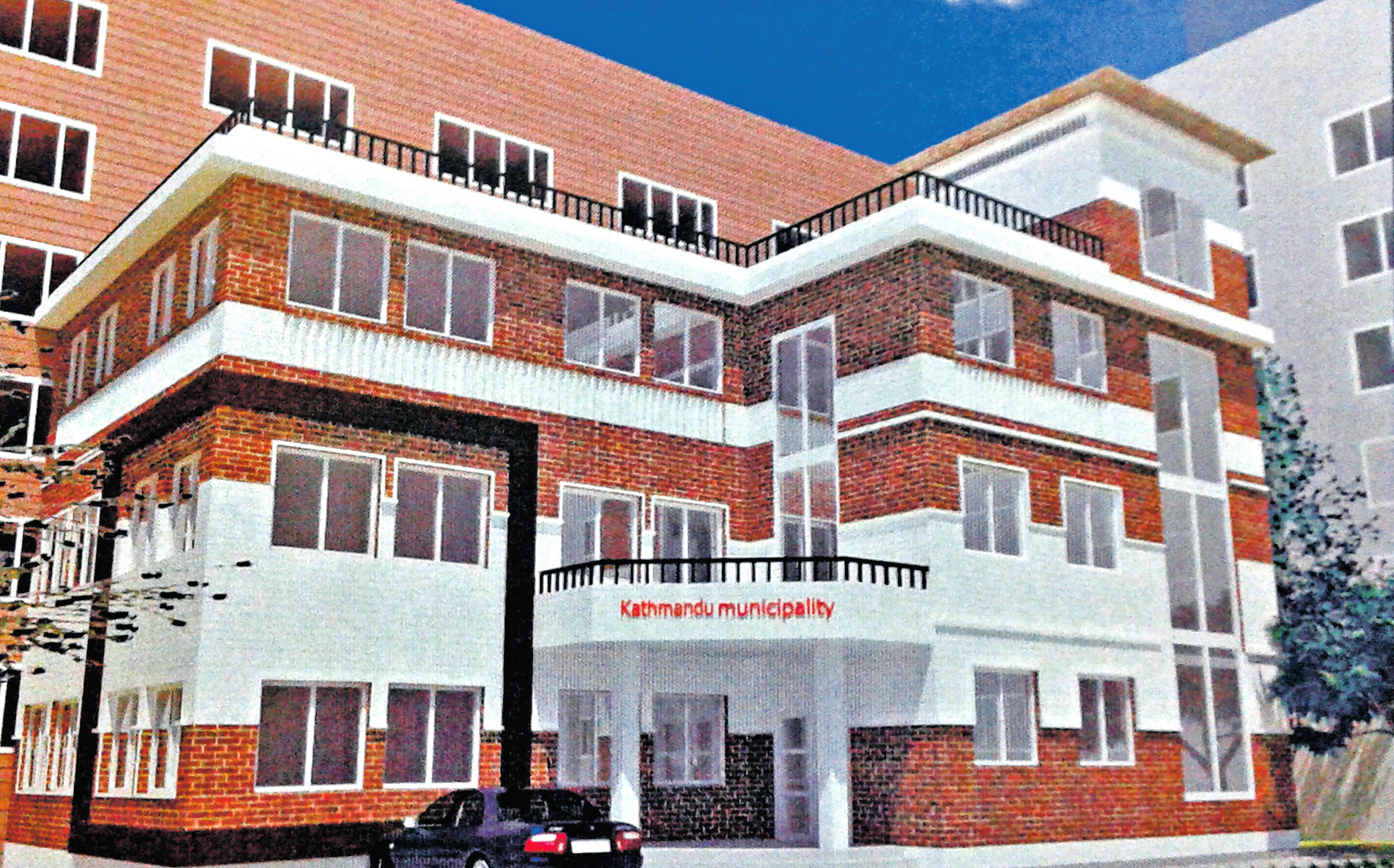KMC launches Integrated Waste Management Project
Kathmandu, January 27
The office of the Kathmandu Metropolitan City has launched an Integrated Waste Management Project, which is also called Waste to Energy Project, in ward number 12 and 19 of the metropolis.
The project was introduced on March 2, 2014 for a period of three years to generate energy from waste produced in the KMC. Approximately 80 per cent of the cost of the project will be borne by European Union.
KMC chief Rudra Singh Tamang said the project was aimed at maintaining cleanliness of the metropolis by converting waste into energy.
KMC had been facing a tough time managing household waste due to lack of resources and technology. The project is expected to assist the KMC in tackling problems created by household waste.
The KMC informed that the project had adopted consortium model in waste management.
As per the model, biodegradable and non-biodegradable waste would be segregated to produce organic fertiliser and gas in the participation of the local community.
For this, ‘Save the Environment Group’ will formed to encourage the locals to actively participate in the campaign to make Kathmandu a cleaner city.
The waste management project is expected to reduce nearly 2,500 tonnes of carbon-dioxide emission per annum through management of non-biodegradable waste like plastic, rubber and other hazardous materials.
According to the KMC, a state-of-the-art equipment will be installed in Teku Waste Transfer Centre, which is capable of treating 300 metric tonnes of biodegradable or organic waste to produce 300 kg of organic fertiliser, 96 kg of Liquefied Petroleum Gas and 13,500 litres of treated water daily.






